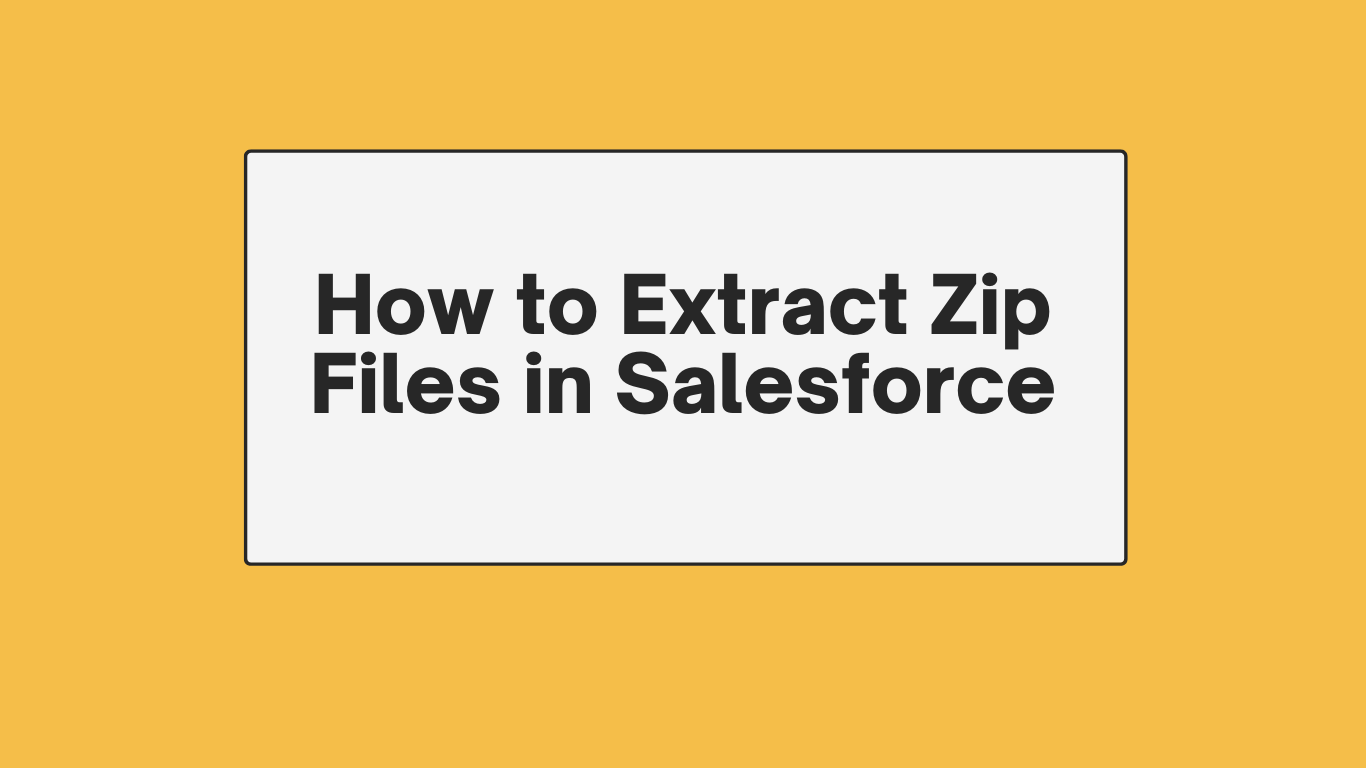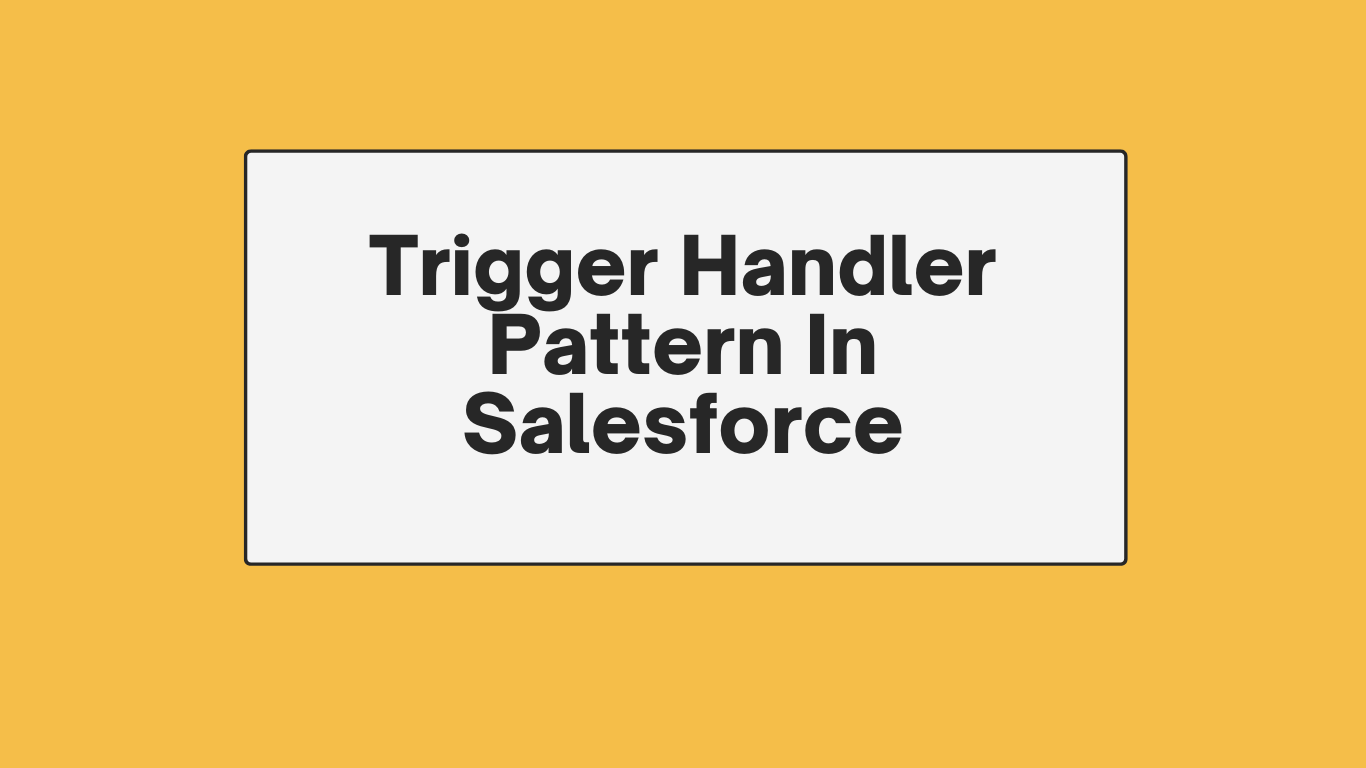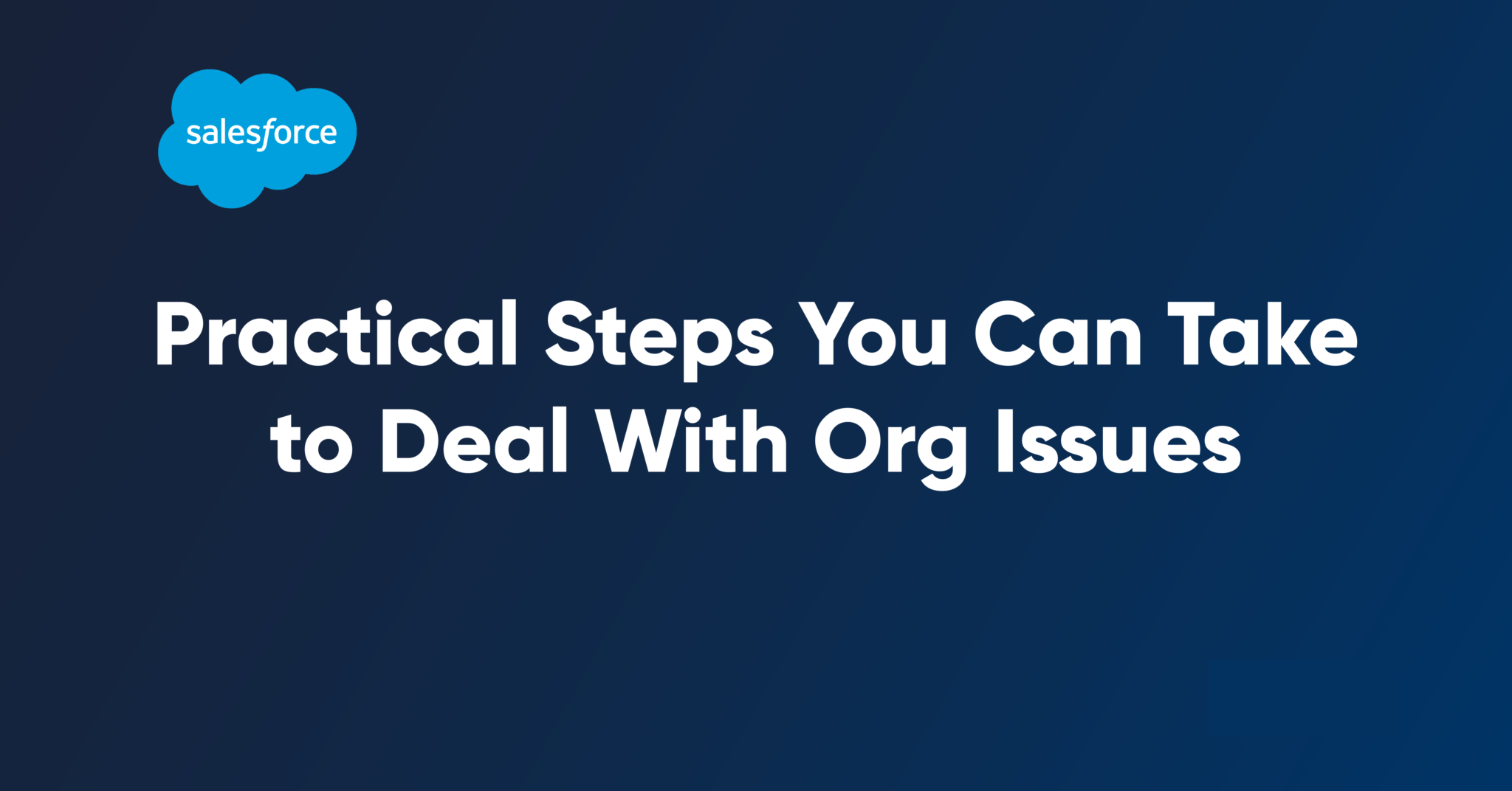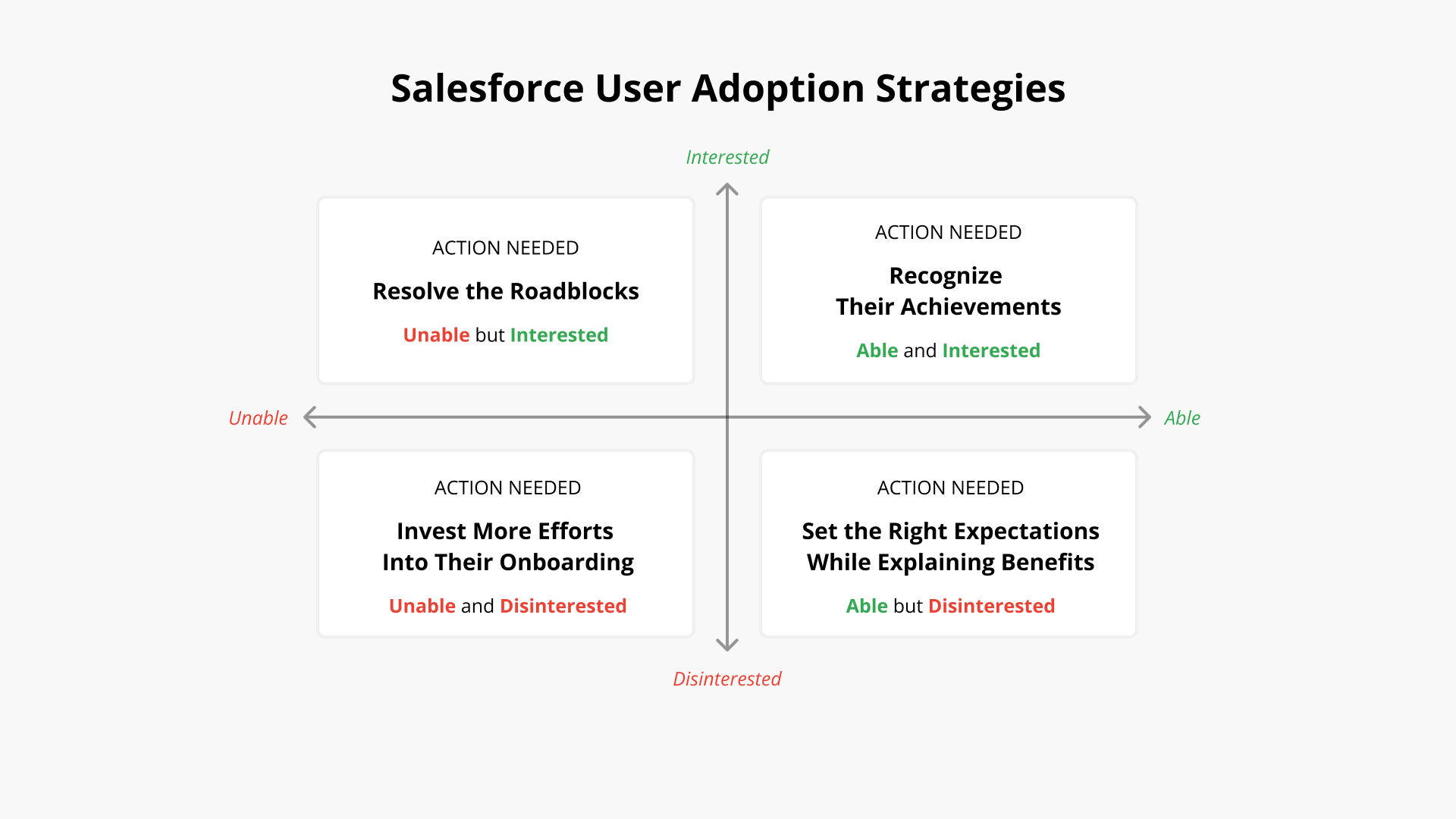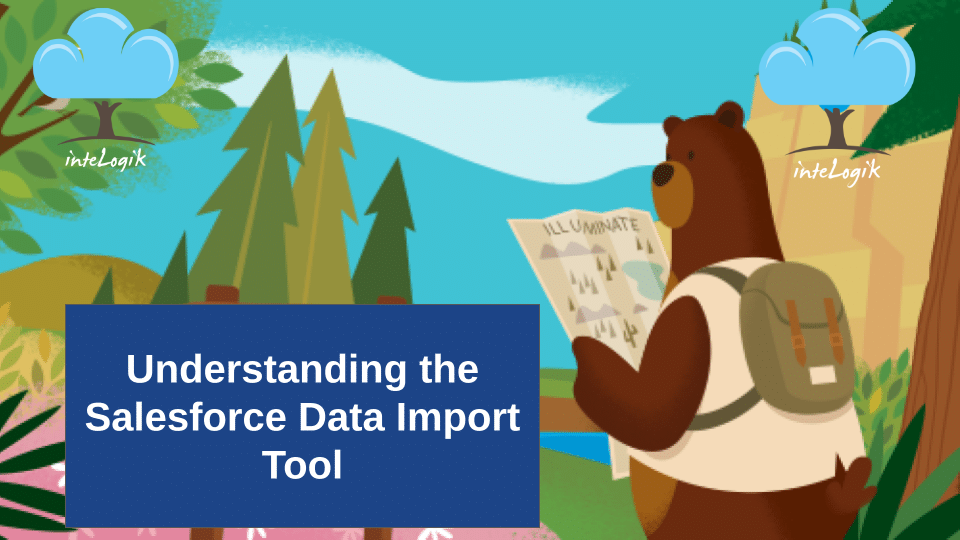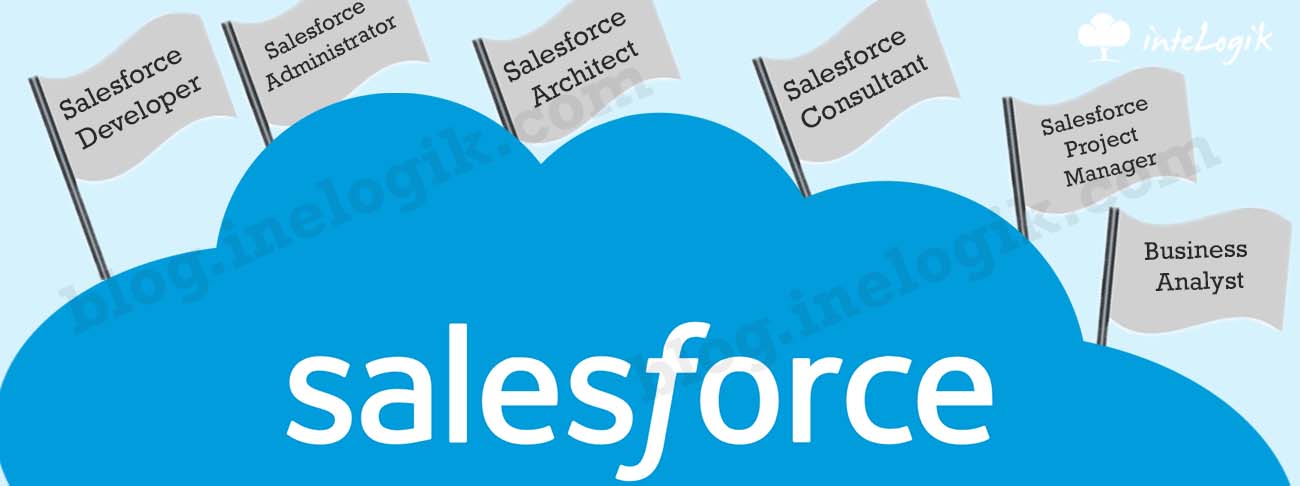In Salesforce Apex programming, it is crucial to avoid Data Manipulation Language (DML) operations within loops to optimize performance and prevent hitting governor limits. Instead of updating or inserting records one at a time, developers should collect records needing modification into lists and execute bulk DML operations outside the loop. This bulkification approach significantly reduces the consumption of system resources and enhances overall efficiency.
Additionally, using maps for data lookups and comparisons within loops helps avoid nested loops, further improving code performance. In trigger contexts, implementing trigger handler patterns centralizes logic, enabling bulk processing and minimizing the risk of governor limit breaches. Adhering to these best practices ensures that Salesforce code is scalable, efficient, and maintains optimal performance even with large datasets, contributing to a more robust and reliable application.

Avoid DML from For Loop in Salesforce
Comments are closed.




